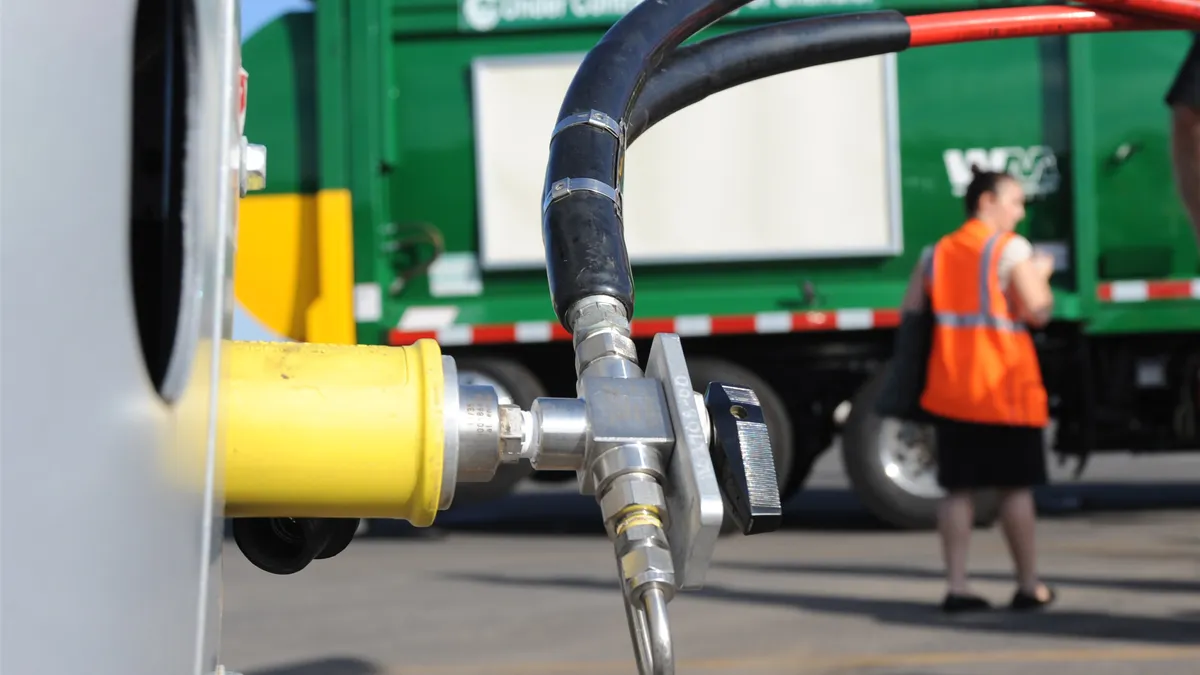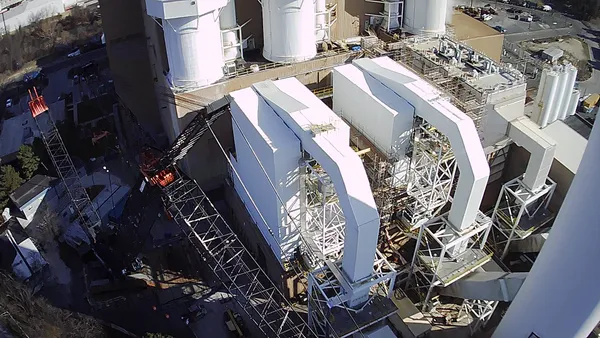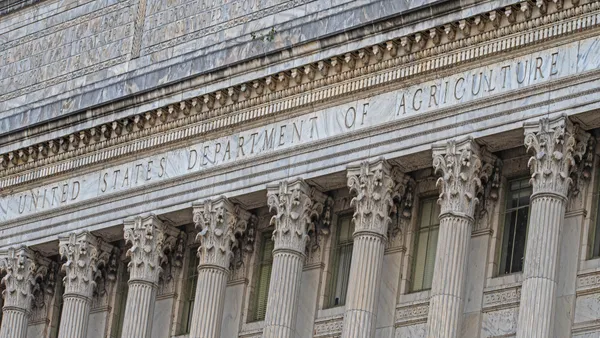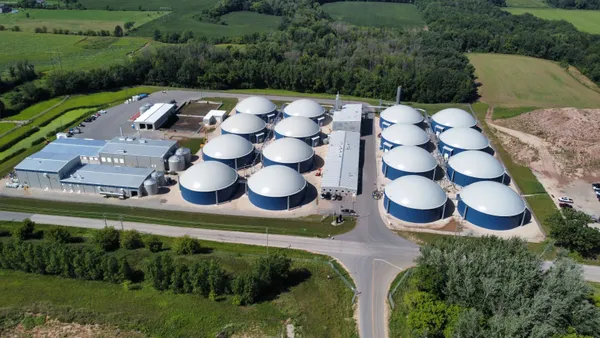The latest renewable identification number data from the U.S. EPA, released on Nov. 16, indicates generation of RIN credits has gone up this year as the production of renewable natural gas and other biomass-derived fuels climbs.
Manufacturers generated 2.11 billion RINs in October, up from 1.81 billion in the same month last year, Biomass Magazine reported.
The update comes as stakeholders look to further expand the credit system to provide biofuel manufacturers with an incentive for generating energy for electric vehicles. The formation of a partnership to advocate for the change, as well new landfill-gas-to-RNG announcements, top the list of RNG stories that came out over the last month. Those stories are below.
Partnership for Electric Pathways forms for eRINs
A coalition of groups that includes major automakers, RNG developers and WM has formed to advocate for the EPA’s adoption of eRINs. The proposed renewable energy credit for electricity generated from biomass could give landfill operators a new source of revenue for the electricity produced from landfill gas, the Partnership for Electric Pathways coalition said.
Members of PEP include the RNG Coalition, Ameresco, BP and automakers like Ford, General Motors and Hyundai.
The announcement, released Nov. 20, said implementing the system “would have manifold benefits to U.S. sustainability and energy security goals, including providing an incentive for landfills and farms to capture methane that would otherwise be emitted into the atmosphere.”
The EPA has proposed eRINs in the past, including in 2010 and 2014. Groups like the American Biogas Council, a member of the newly formed Partnership for Electric Pathways, said they were were disappointed to see the credits not included in the most recent update to the Renewable Fuel Standard this summer.
Waste Connections partnering with Vision RNG in Oklahoma
Waste Connections has entered into an agreement with Vision RNG to build a landfill-gas-to-RNG facility at its Southern Plains landfill in Grady County, Oklahoma. The contract also includes the option to build two more facilities at Waste Connections’ Red Carpet Landfill and Osage Landfill, also in Oklahoma.
Waste Connections set a more aggressive greenhouse gas reduction goal in its most recent sustainability report, which it plans to achieve in part by investing about $200 million in a dozen RNG facilities.
The Southern Plains landfill facility is expected to produce 370,000 mmBtus of RNG annually. Last month, Vision RNG also celebrated a ribbon cutting for a Meridian Waste facility in Missouri.
First landfill-gas-to-RNG facilities online in North Carolina
RNG developer Evensol brought a pair of RNG facilities online that draw gas from Republic Services landfills in North Carolina, the waste company announced on Nov. 6. Project partners invested $110 million into the Foothills Renewables Project in Caldwell County and the Upper Piedmont Renewables Project in Person County. Duke Energy was an equity investor in the project, which also received $73 million in loans guaranteed by the U.S. Department of Agriculture
The project is expected to produce roughly 500,000 mmBtus of RNG annually. It contributes to the sustainability goals of Republic Services and Duke Energy, the latter of which is looking to reach net-zero methane emissions from its natural gas business by 2030
Republic Services continues to aggressively pursue the development of landfill-gas-to-RNG facilities through partnerships with other companies as well, including Ameresco and BP.















